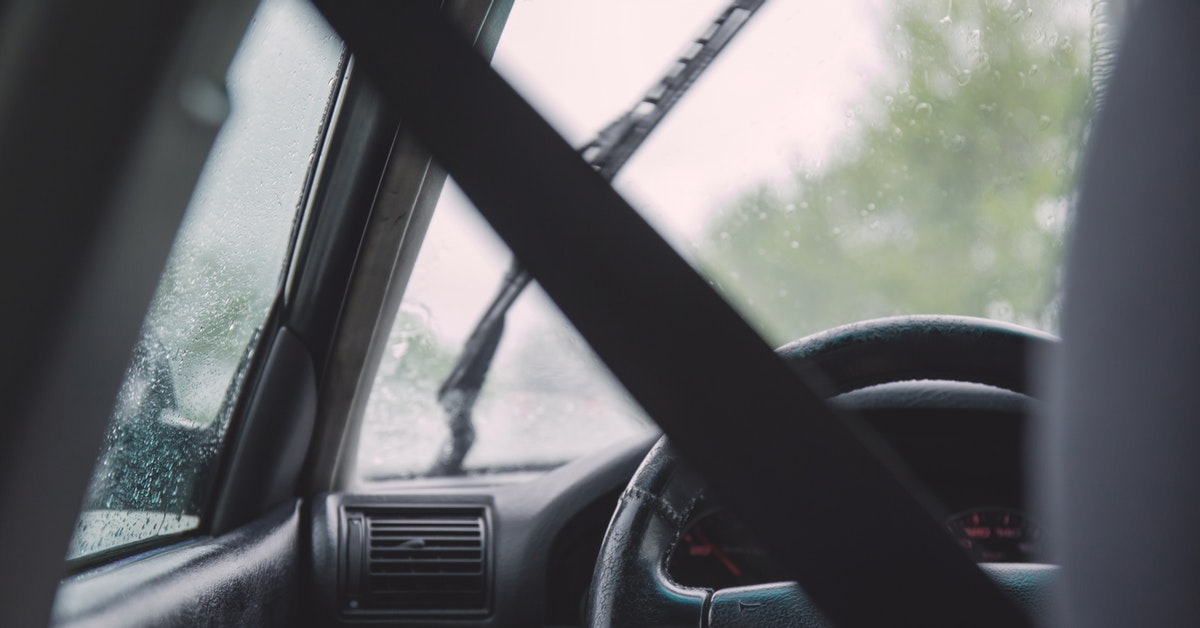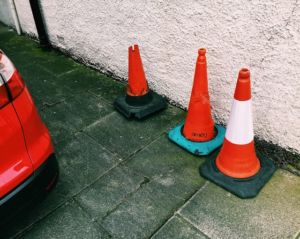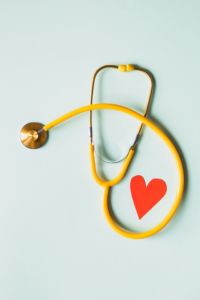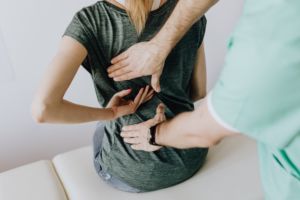
Car accidents happen fast, and it can be difficult to know what to do in the aftermath. Even if you aren’t seriously injured and the damage to your vehicle is minor, an accident can throw a wrench into your routine.
Many people are so overwhelmed after an accident that they put off getting treatment for pain or minor injuries. Unfortunately, this can lead to chronic pain and disability. Other mistakes like admitting fault or not gathering the correct information can damage your case with the insurance company and leave you more open to lawsuits from the other driver.
This list will help you know what to do after an accident to protect your finances and your health.

1. Safety First
After a collision, the first thing you should do is take a moment to make sure no one in your car is injured. Don’t remove young children from car seats. They may have injuries that aren’t immediately obvious. If anyone appears to be hurt, even if the injuries seem minor, call 911 and ask for paramedics. Let emergency responders remove children from car seats and don’t attempt to move anyone who is injured unless you must do so to get them to a safe location.
If your car is driveable, move to the side of the road or a nearby parking lot or neighborhood street and put your hazard lights on. Don’t try to walk through traffic to get to a safe place. If your car won’t start, stay in it and turn on your hazard lights.
Before you leave your car and approach the other driver, observe their behavior. If there is any chance that road rage played a role in the accident, you should stay in your locked vehicle and call 911. Let them know that you may be in danger so that they flag your call as a high priority. Make sure you are in a well-lit place where other people can see you and the other driver.
Even if you aren’t in immediate danger, your nerves are likely rattled. It’s a good idea in a situation like this to take a minute to get your bearings before you exit your vehicle. Under stress, many people make mistakes they wouldn’t usually make, like leaving pets, children, or non-ambulatory adults in the car without air conditioning on a hot day. Remember that waiting for the police and talking with the other driver may take a while.
When you approach the other driver, be careful not to say anything that could sound like you are taking the blame for the accident. If the police or the other driver asks if anyone is injured, don’t immediately say no. Many injuries can take days or weeks to show up. It’s best to tell them that you’ll need a doctor to evaluate you for injuries.
2. Gather Facts
After you have moved to a safe location and determined that no one requires first aid, you should write down information. With your nerves rattled, it’s easy to forget details about what happened. Writing down some notes about where and how the accident took place can help you when you are speaking with the police or your insurance company.
You should also get the other driver’s name, phone number, and insurance information ( if it seems safe to do so).
Even if the accident was minor, you should always call the police. Having a copy of a police report can help with your claims process and may protect you if the other driver decides to sue. Consider taking pictures of the damage to your car and the other driver’s car. Having visual evidence could help your case, especially if it’s determined that you were at fault. Be sure to gather the names and contact information of any witnesses and the police officer who responded.
In some cases, an officer may not be able to respond. If this happens, you can file a police report online or in person. Do this as soon as you are able, preferably within twenty-four hours.
3. Get Checked Out
Even if you don’t think anyone in the vehicle was injured, it’s a good idea to get yourself, and your kids looked at soon after the accident. Whiplash and lower back injuries are common after accidents, even minor ones. Often, the pain and stiffness don’t show up until several days or even weeks later. Waiting until you feel discomfort to report the injury can hinder your claims process and result in less insurance compensation for medical bills.
Sometimes an accident victim is in pain, but their doctor isn’t sure why. Chiropractors are specially trained to recognize injuries to your musculoskeletal system that your primary care physician might miss. If you are experiencing pain, but your doctor can’t find the reason, don’t give up. See one of our qualified Houston chiropractors. Our providers can diagnose your injury and create a personalized treatment plan. Chiropractic adjustment is just one treatment we may recommend. We also offer spinal decompression therapy, joint injections, rehabilitation exercise, and massage.
4. Get Treatment Quickly
Seeing us soon after an accident will benefit your claims process and help you heal faster. Injuries like whiplash, herniated discs, and strained muscles respond better when they are treated right away. At Vanguard Spine and Sport, we offer a variety of state-of-the-art treatments to meet patients’ needs. Most patients experience some relief soon after starting treatment, but complete healing can take several weeks. The sooner this process is initiated, the sooner you can get back to feeling like yourself again.
We understand that the time after a car accident can be stressful and overwhelming. When you come to see us, we will provide you with information on the steps you can take to protect your rights and get your medical bills paid.
If you’ve been in an accident, don’t wait for a seemingly minor injury to become debilitating. Give us a call and start feeling better right away.




